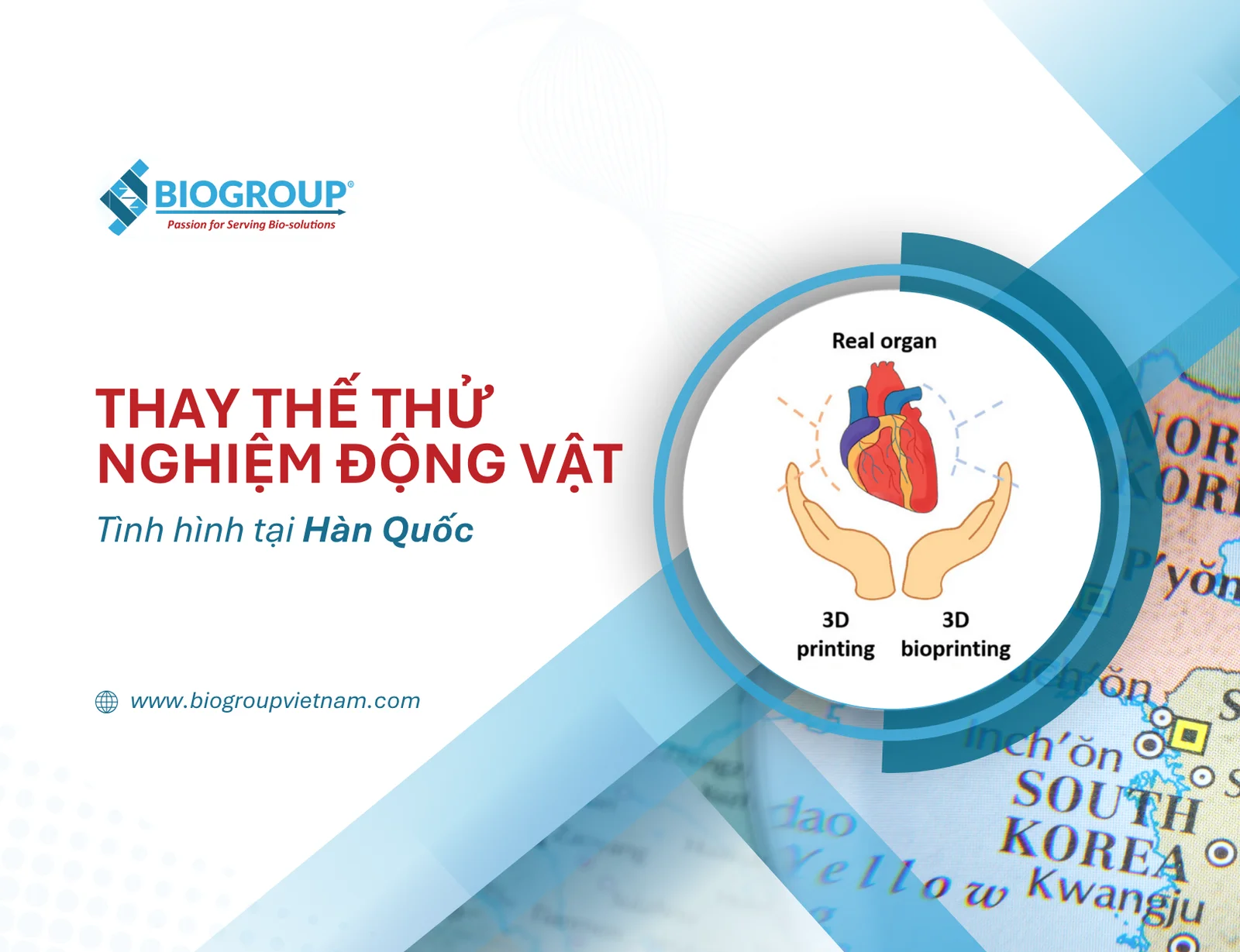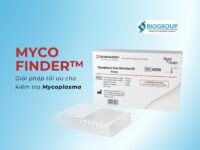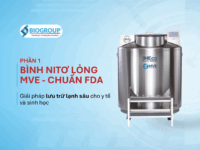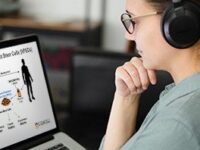The status of animal testing alternatives in South Korea
Animal testing alternatives in South Korea accelerate as the government combines 3R legislation with investment in advanced biotechnology. From KeraSkin™ skin models to AI simulations for toxicity, South Korea demonstrates its ability to rapidly close the gap with the West through swift and decisive transformation, especially in cosmetic and pharmaceutical testing.
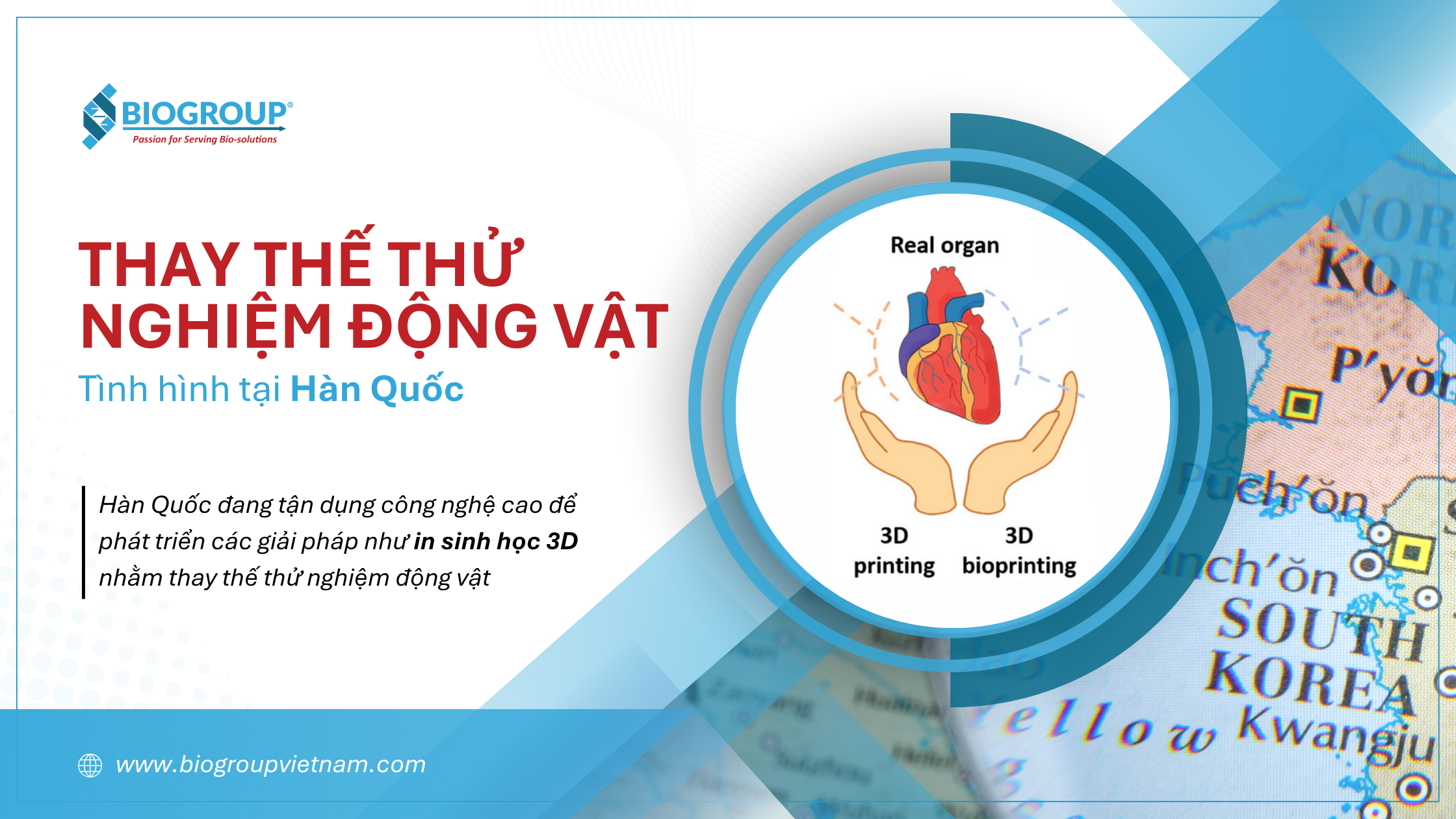
Contents
TogglePolicies and laws driving 3R in South Korea
Over the past decade, South Korea has made significant policy reforms to reduce animal testing, especially under the influence of international agreements and the animal welfare movement. In 2016, the South Korean National Assembly passed an amendment to the Cosmetics Act, officially banning animal testing for cosmetics (both finished products and ingredients) starting in 2018. The ban was implemented two years earlier than originally planned, making South Korea one of the first Asian countries to introduce this ban. However, the South Korean Cosmetics Act still contains a loophole that allows animal testing if “no suitable alternative method is available.” A 2019 report revealed that despite the ban, more than 2,100 animals were used in “cosmetic-related” tests because businesses exploited the legal exceptions. This has prompted the government to closely monitor the enforcement of the ban and gradually eliminate such exceptions.
In the pharmaceutical and vaccine sector, a major turning point came in September 2022 when the Ministry of Food and Drug Safety (MFDS) of South Korea decided to abolish the requirement for the Abnormal Toxicity Test (ATT) on animals for biological products (vaccines, sera). The ATT, which has been around since the 1950s, used mice and guinea pigs to check if a vaccine batch caused abnormal toxicity. Still, the WHO recommended its elimination due to its limited scientific value. After the EU, the US, and Canada, South Korea also removed ATT from its national regulations in 2022. Representatives from the Humane Society International (HSI) welcomed this move, calling it an “important amendment to remove an outdated test” and emphasizing South Korea’s ability to adopt advanced alternative technologies quickly. HSI urged South Korea to continue accelerating reforms, showing its commitment to developing new technologies and updating standards to align with non-animal methods.
South Korea had already established a dedicated 3R body, the Korean Center for the Validation of Alternative Methods (KoCVAM), in 2009 under the National Institute of Food and Drug Safety (NIFDS) of the MFDS. KoCVAM joined the ICATM global network in 2011 and cooperates with JaCVAM, ECVAM, and ICCVAM to validate new methods. Since 2017, the South Korean government has consistently incorporated 3R objectives into its Five-Year National Animal Welfare Plans. For instance, the 2017–2021 Plan aimed to increase the number of accepted alternative methods while improving domestic laboratory capacity to develop alternatives. A specific result: the Korean Pharmacopoeia was amended in 2023 to officially accept NAMs (Non-Animal Methods) for pharmaceutical quality testing. This means that for some tests previously mandatory on animals (such as pyrogen testing and toxicity testing), manufacturers can now use recognized in vitro methods to meet pharmacopoeia standards. This is a significant institutional step, providing a legal basis for businesses to transition confidently.
Overall, South Korea has established a favorable legal framework for 3R, such as banning cosmetic animal testing, removing outdated animal tests from the pharmacopoeia, and setting up a specialized agency (KoCVAM) to update alternative methods continuously. Surveys also show strong public support; a 2020 Realmeter survey commissioned by HSI revealed that over 83% of the population wanted the government to fund the development of alternative methods, and 81% wanted to prioritize the budget for non-animal research. Pressure from society, combined with international trends, has prompted South Korean lawmakers to consider proposals to extend the animal testing ban to household cleaning products and reduce animal use in educational research. South Korea aims to become a biotechnology leader in Asia. Thus, the policy supporting NAMs is seen as appropriate to attract R&D investment and raise the international standards of the country’s pharmaceutical and biotechnology industries.
Trends and technological advancements in animal testing alternatives in South Korea
South Korea boasts a high-tech industry and is leveraging this to develop animal testing alternatives:
R&D of new methods through KoCVAM
KoCVAM directly funds and conducts various R&D studies. One achievement is the KeraSkin™ 3D skin model (human skin tissue developed by South Korean scientists), which was recognized by the OECD in 2019 as a “me-too” equivalent test for phototoxicity testing in Europe. KeraSkin™ is used for evaluating chemicals and cosmetics exposed to light, replacing the use of guinea pigs in the old method. KoCVAM also developed the Corneocyte ELISA test (based on skin shedding cells) to screen for skin allergens without testing on mice, contributing to the data used in the OECD 442C Guidelines. Additionally, in the field of inhalation toxicity, South Korea is collaborating with Canada to develop an artificial lung model for safety testing of nanoparticles and inhalers to reduce the number of mice used in inhalation tests.
AI and big data applications
As a leader in information technology, South Korea actively integrates AI in toxicology. The MFDS has launched the Deep Learning Toxicology project, using a toxicity database of thousands of chemicals (including in vitro results and structural information) to train deep learning models to predict toxicity. Initial results showed that MFDS’s AI achieved an accuracy of over 85% in predicting acute oral toxicity, equivalent to results from mouse testing. MFDS is releasing guidelines on using predictive software tools such as DEREK and MultiCASE for businesses submitting chemical safety dossiers. Another direction is leveraging real-world data; South Korea has a national health insurance system that records millions of patients’ data, and MFDS plans to use this Real-World Data to identify drug side effects early, rather than conducting numerous repetitive animal tests. For example, if a drug has been safely used abroad, some animal tests may be waived when registering in South Korea.
Advanced laboratory infrastructure
Modern microbiology and cell culture labs are emerging in South Korea. The government has invested in building the Bio-3D Research Center in Seoul, which features 3D bioprinting equipment for creating liver and human skin tissue for drug testing. Seoul National University and KAIST also have multi-organ chip projects that connect liver, heart, and kidney tissues in a shared microfluidic system, simulating full-body interactions. This is a promising platform for evaluating drug pharmacokinetics in vitro, which could partially replace large animal drug distribution tests. Furthermore, South Korea is developing cell banks and virtual patient models; the National Cancer Research Institute is collecting cancer cell banks from South Korean patients to create personalized cancer organoids. This approach allows ex vivo drug testing for individual patients rather than on genetically modified mice. These infrastructures lay the foundation for gradually replacing mouse models in pathology research and personalized drug development.
International and regional collaboration
South Korea actively participates in international forums on 3R. In 2022, KoCVAM co-organized an Asian workshop on alternative methods in veterinary drug safety evaluation, inviting EU and Japanese experts to share experiences in eliminating animal safety tests for veterinary vaccines. This is a topic of interest to South Korea due to its developed veterinary industry. For instance, there is consideration of removing the test for “foot-and-mouth disease vaccine titer in livestock” by using antigen analysis methods similar to VAC2VAC. On the governmental level, South Korea also signed an agreement with China (2017) on mutual recognition of alternative testing data for cosmetics, facilitating the export of South Korean cruelty-free cosmetics to China. This is an important policy success, as China previously required animal testing for imported cosmetics. However, under international pressure and scientific evidence (partially provided by South Korea), China began gradually lifting this requirement in 2021 for low-risk products.
Thanks to these efforts, South Korea is emerging as a role model in Asia for transitioning research and testing methods. Although animals are still used in many fields (especially in basic biomedical research and testing new pharmaceuticals), the legal and technological progress in South Korea is noteworthy. The near-term goal for South Korea is to create a national roadmap for NAMs, similar to the EU, to provide long-term guidance. With strong public support and scientific capabilities, South Korea is likely to achieve further success in reducing animal testing, contributing to the advancement of more humane and advanced international standards.
Contact information:
- Website: https://biogroupvietnam.com/public/lien-he
- Hotline: +84 963 621 421
- Email: info@biogroupvietnam.vn
Related article: “Japan’s unique initiative in replacing animal research”
Refer to STEMCELL Technologies’ animal testing alternatives solutions
References
- Plant Based News. (n.d.). South Korea stops toxicity animal testing. https://plantbasednews.org/news/science/south-korea-stops-toxicity-animal-testing
- National Toxicology Program. (n.d.). ICATM memorandum of cooperation. https://ntp.niehs.nih.gov/whatwestudy/niceatm/iccvam/international-partnerships/icatm
- Japanese Center for the Validation of Alternative Methods. (2023). MFDS NAMs report. https://www.jacvam.go.jp/files/news/MFDS%20NAMs%20Report_2023.pdf
- Longdom Publishing. (n.d.). Risk assessment of cosmetics: KoCVAM’s new alternative test methods for phototoxicity. https://www.longdom.org/open-access-pdfs/risk-assessment-of-cosmetics-kocvams-new-alternative-test-methods-for-phototoxicity-and-established-reference-chemical-d.pdf
- Physicians Committee for Responsible Medicine. (n.d.). FDA’s plan to replace animal testing begins new era of drug testing. https://www.pcrm.org/news/news-releases/fdas-plan-replace-animal-testing-begins-new-era-drug-testing-says-doctors-group
- U.S. Food and Drug Administration. (n.d.). FDA announces plan to phase out animal testing requirement for monoclonal antibodies and other drugs. https://www.fda.gov/news-events/press-announcements/fda-announces-plan-phase-out-animal-testing-requirement-monoclonal-antibodies-and-other-drugs
Categories
- Blog (53)
- New Products & Technologies (42)
- News (41)
- Recruitment (7)
- Training & Webinar (27)
- Virtual Booth (1)

